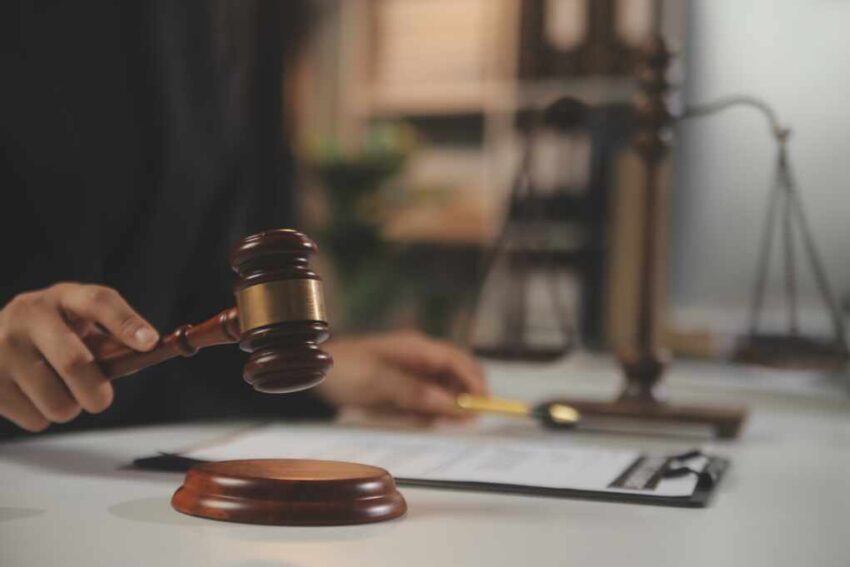Nigeria’s High Court has overturned the kidnapping conviction of a Christian church leader, exposing systemic failings in the country’s legal treatment of religious minorities.
At a Glance
- David, a Nigerian church leader, was convicted in 2024 of kidnapping after helping two women flee religious persecution.
- His trial lasted just three days and was held without legal representation.
- Both David and a co-accused, Ezekiel, were tortured by militants before police custody.
- ADF International’s advocacy was key to securing David’s release.
- Nigeria accounts for 82% of global Christian deaths due to faith-based violence, according to Open Doors’ 2024 report.
David’s Arrest and Conviction
In early 2024, David, a church leader in northern Nigeria, and fellow believer Ezekiel assisted two women, Adah and Naomi, in escaping imminent death threats following their conversion to Christianity. The group was captured by militants, who subjected the men to torture before handing them over to the police. Ezekiel was eventually freed, but David was charged with kidnapping. His trial, lasting only three days and conducted without a lawyer, ended in a conviction that would keep him imprisoned for over a year.
Watch now: Nigerian High Court Overturns Wrongful Conviction of Christian Leader · YouTube
Judicial Intervention and Legal Advocacy
The Nigerian High Court reviewed the case and found significant procedural and legal flaws, leading to the conviction being overturned. Advocacy from ADF International, a global legal organization specializing in religious freedom cases, was instrumental in achieving this outcome. The court’s decision has been welcomed by human rights groups as a rare victory in a region where judicial outcomes often reflect systemic discrimination against minority faiths.
Religious Persecution in Northern Nigeria
Northern Nigeria remains a dangerous environment for Christian minorities, with Islamist militants frequently targeting converts. Open Doors’ World Watch List 2024 reported that Nigeria was responsible for 82% of all documented Christian deaths globally that year due to faith-based attacks. The justice system has been criticized for failing to protect victims and, in some cases, prosecuting them instead. David’s experience is part of a pattern where due process is bypassed, and convictions are secured without adequate defense.
Broader Implications and Next Steps
David’s release is being hailed as a milestone for religious freedom in Nigeria and could serve as a precedent for future cases. However, advocacy organizations stress that systemic reform is essential to prevent similar miscarriages of justice. International attention on this case has increased pressure on Nigeria to implement judicial safeguards for vulnerable groups. While the High Court’s ruling offers hope, continued vigilance and legal advocacy remain critical in the fight against religious persecution.
Sources
Click this link for the original source of this article.
Author: Editor
This content is courtesy of, and owned and copyrighted by, https://deepstatetribunal.com and its author. This content is made available by use of the public RSS feed offered by the host site and is used for educational purposes only. If you are the author or represent the host site and would like this content removed now and in the future, please contact USSANews.com using the email address in the Contact page found in the website menu.








